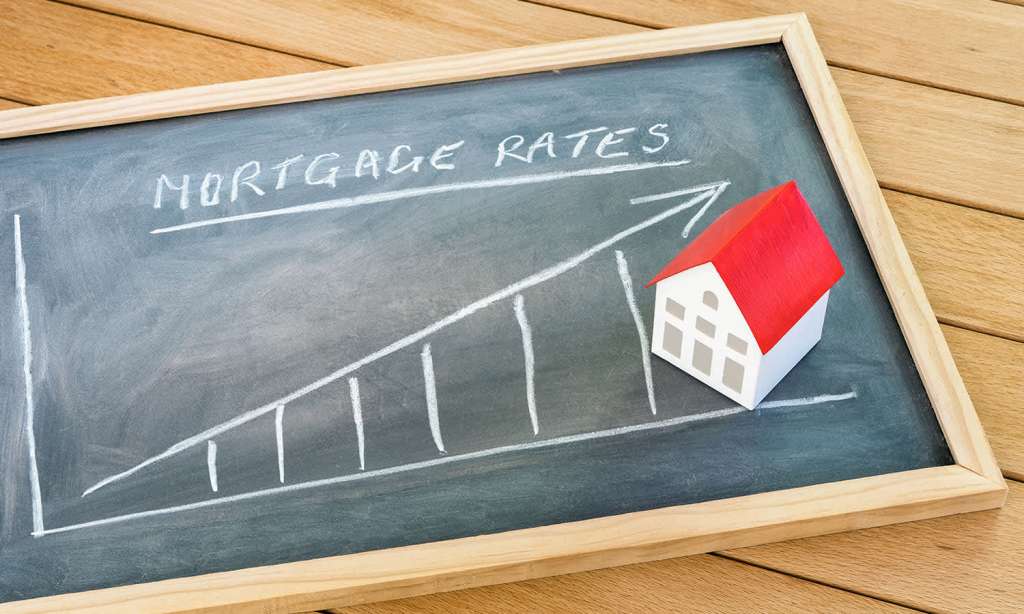The treasurer Jim Chalmers didn’t mince words in his press conference today. This is because the interest rate is increasing by 0.85 percent.
“Australians expected higher interest rates today, but that doesn’t make this news any less difficult for them,” Chalmers said, as per the ABC.
“For an average mortgage of $330,000 remaining, it’s about $87 a month that Australian homeowners will have to find. For an average new mortgage, it’s almost twice that, at about $157 a month.”
What Does It Mean for Home Owners?
It’s worth noting that some believe that this reality will be even worse for everyday Australians than Chalmers is predicting. News.com.au claims that the average mortgage owner will have to pay an additional $200 per month.
Finding this money might be difficult for some families as fuel costs and food costs are currently higher than usual.
What Does It Mean for Renters?
This news is also could be bad for renters. As one person on Twitter put it, “The news coverage about the RBA and interest rate hikes are entirely framed around mortgage holders + aspiring homebuyers. Bestie, let me tell you there are millions of renters out there* who are petrified by the prospect of homelessness at their next rent review.” They then went on to type, “*me I am renter.”
This sentiment is also backed up by the experts. In an ABC article, this publication stated that landlords who haven’t paid off their mortgages could increase the price of their rentals every time the interest rate goes up. This is because then their tenants will be taking the financial hit. Impact Economics Lead Economist Angela Jackson told the ABC, “While renters are not directly impacted by rate rises, [it] may lead landlords to increase rents to recoup higher interest costs.”
Will the Interest Rate Go Up Again?
Well, the Reserve Bank of Australia’s Philip Lowe said in a statement that things would probably get worse before they get better.
He wrote, “Inflation is expected to increase further, but then decline back towards the 2–3 per cent range next year. Higher prices for electricity and gas and recent increases in petrol prices mean that, in the near term, inflation is likely to be higher than was expected a month ago.”
“A better future awaits,” tweeted Chalmers, “But first we have to navigate together this inflation challenge we inherited, and the rising interest rates that accompany it.”
Read more stories from The Latch and subscribe to our email newsletter.

